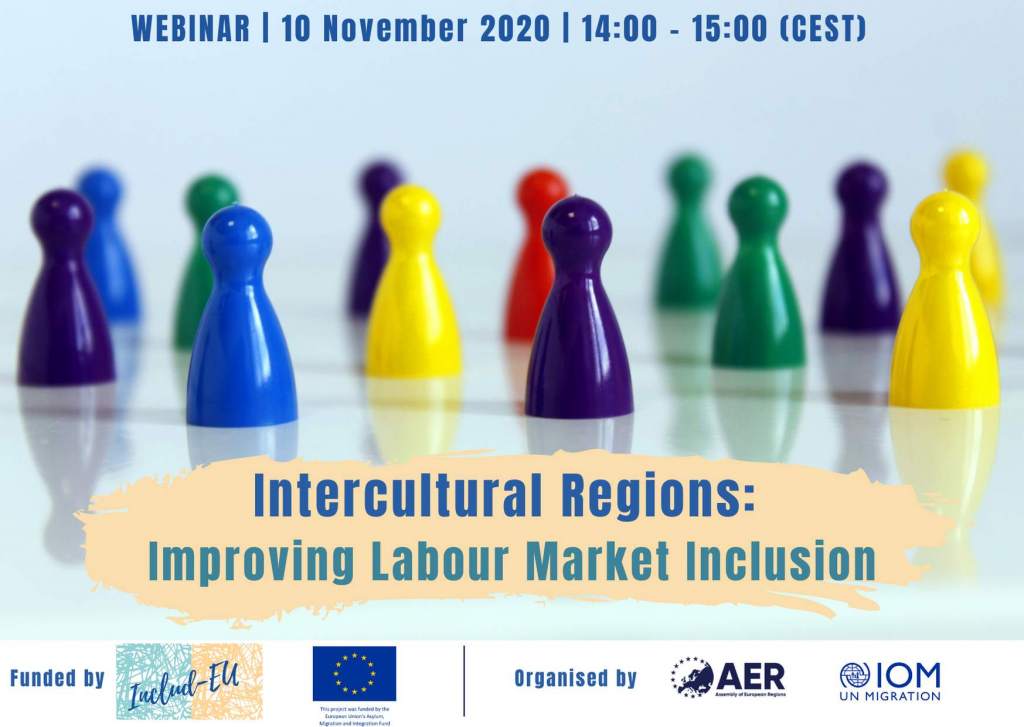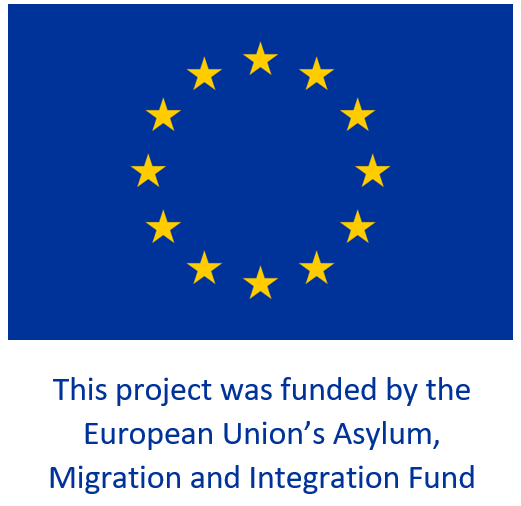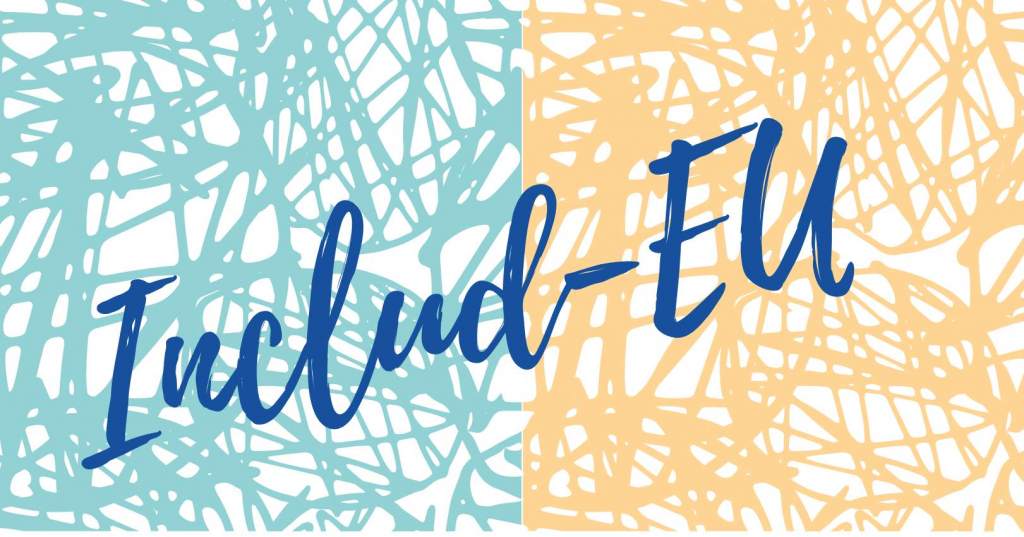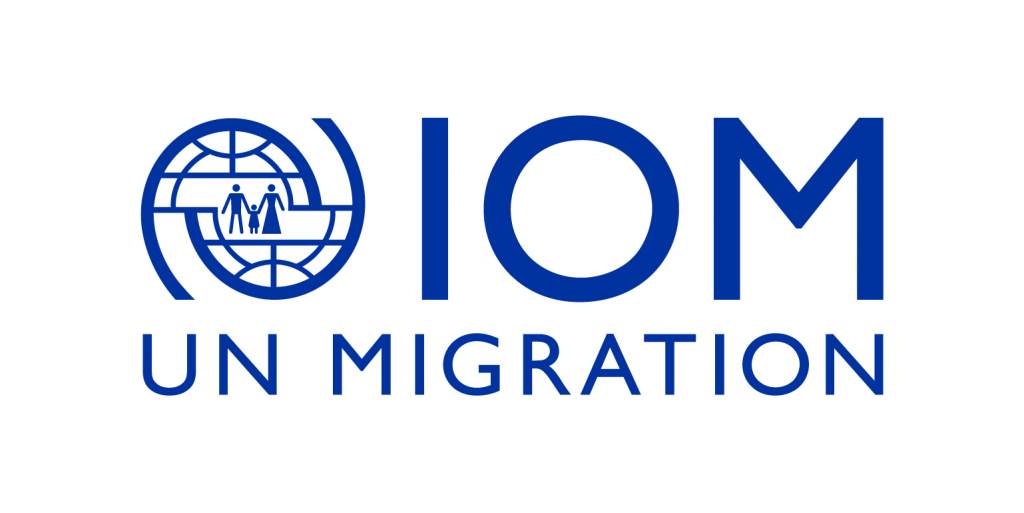 Share this!
Share this!On November 10th, the Assembly of European Regions in cooperation with IOM and the Intercultural Regions Network hosted the webinar “Intercultural regions: improving labour market inclusion“. This was the second webinar co-organised within the framework of Includ-EU project which works towards building more inclusive and cohesive European Societies.
The webinar, which was moderated by Geertrui Lanneau, Senior Regional Labour Mobility and Human Development Specialist from the IOM Regional Office for the European Economic Area, the European Union and NATO, presented different experiences on how regions work to improve labour market integration policies and provided insights from IOM, and the European Commission.
Multistakeholder approach to support cultural diversity
Fereshteh Jalayer-Hess, co-chair of the Intercultural Regions Network, County Councillor of Värmland (SE) opened the webinar by sharing her personal experience of escaping a totalitarian regime and embracing a society which tolerates and appreciates cultural diversity.
The Intercultural Regions Network, she explained, is all about cultural diversity and encouraging all levels of government to better coordinate and adopt an intercultural approach. In this context, the multistakeholder approach is key to achieve a society where all inhabitants are included and given the chance to contribute and develop.
Ms. Jalayer-Hess explained how lowering barriers for the access to the labour market is instrumental in delivering on other objectives such as improved education, active participation, political engagement and social cohesion. The Intercultural Regions Network, provides teherfore a platform for regions to share knowledge resources, experiences.
Upcoming changes at EU level
Antoine Savary, Deputy Head of Unit, DG HOME, European Commission, provided the latest development in the field of integration of migrants in the labour market, announcing that on 24 November the European Commission is going to adopt the Action Plan on Integration and Inclusion.
This Action Plan will focus on inclusion as a whole instead of focusing on migration specifically. It lays out two key commitments in the area of integration:
- Adopt a comprehensive Action Plan on integration and inclusion for 2021-2024;
- Implement the renewed European Partnership for Integration with social and economic
partners and look into expanding the future cooperation to the area of labour migration.
The Action Plan on integration and inclusion for 2021-2024 will:
- provide strategic guidance and set out concrete actions to foster inclusion of migrants and broader social cohesion;
- bring together relevant stakeholders and recognise that regional and local actors have a key part to play;
- draw on all relevant policies and tools in key areas such as social inclusion, employment, education, health, equality, culture and sport, setting out how migrant integration should be part of efforts to achieve the EU’s goals on each;
- ensure migrants fully benefit from the European Pillar of Social Rights;
- recognise in its actions that people with a migrant background often face similar integration challenges to third-country nationals;
- directly support those active ‘on the ground’ and cover the full range of measures needed to accompany migrants and their families along the path to successful integration and social inclusion.
Mr. Savary stressed the importance of the partnership of cooperation with local and regional authorities in the preparation, implementation, and revision of the programme.
Experiences from the regions
The webinar presented three experiences from the regions
The Netherlands: a one stop shop for smoother integration pathways
Iris de Kok, Policy Advisor Asylum & Integration – City of Tilburg, presented the evolution of integration processes in the City of Tilburg. The new legislation to come into force in July 2021, allows a procedure where each migrant is guided throughout the program in order to make it easier to get familiar with the municipality they are living in. This approach combines the three-elements of participation activities, skills training, and language courses in order to enable migrants to be self-reliant.
This broader and interactive programme is developed in three phases:
| Phase 1 – Intake | An early-stage to choose the direction of integration, to understand talents & skills |
| Phase 2 – Orientation | Practical and tailored approach with a Personal Integration Plan which stipulates the route for the Dutch labour market |
| Phase 3 – Work & Skills route | The participative part were migrants actually work within the Dutch labour market |
Greece: support towards self-reliance
Kostas Kousaxidis & Anastasia Arapidou, from IOM Greece, shared the example of the HELIOS project – Hellenic Integration Support for Beneficiaries of International Protection. It aims at increasing the beneficiaries’ self-reliance working on five areas of integration:
| Integration courses | HELIOS provides courses at Integration Learning Centres (ILCs) on the Greek language and soft skills. |
| Accommodation support | HELIOS helps beneficiaries of international protection to find accommodations by providing economic contributions and through networking with apartment owners |
| Employability support | Individual job counseling is provided to acknowledge strengths and weaknesses and prepare the Career Action Plan |
| Integration monitoring | Assessment of the integration process to valuate the self-reliance of the migrant once the program ends |
| Sensitisation of the host community | Through initiatives and activities, the interactions between the migrants and the host communities bring value to the integration process |
Italy: the experience from the business sector
Several sectors of the labour market suffer from a shortage of skilled labour, especially in the informatics sector. In this context, Roberto Strocco, Head of Projects and Local Development Area, Unioncamere Piemonte presented the MATCH project – Migration of African Talents through the Capacity-building and Hiring is a 36‑month initiative funded by the European Union (EU) aimed at providing highly skilled talents from Senegal and Nigeria, where the IT, engineering and new technologies workforce is highly qualified, to private sector companies whose needs for qualified staff cannot be satisfied by the offer available on the EU labour market.
What can be done further?
Labour market integration is not only essential to migrants, but also to receiving societies: it reduces the costs to the welfare system, and ultimately the cost of the asylum system. Some of the barriers to the labour market highlighted during the session constitute a challenge, such as languages, and cultural differences, which can marginalise migrants. The recognition of qualifications was identified as a major obstacle to labour market integration. A stronger collaboration between both private an public stakeholders is needed for better results.
Next steps
The next webinar will be organised in March 2021 and will focus on active participation and social inclusion.
Regions interested in joining the Intercultural Regions Network should contact Vania Freitas [email protected]
This webinar is organised in the context of INCLUD-EU, an EU project funded by the Asylum, Migration and Integration fund (AMIF) which contributes to building more inclusive and cohesive European societies by enhancing knowledge, driving innovation, and stimulating cooperation between local and regional authorities in the European Union. To know more about the project, visit the project webpage, and consult this info sheet.
| Watch back | Click here |
| Agenda | Click here to download |
| Handouts | Includ-EU infosheet City of Tilburg Netherlands HELIOS project Greece |
| Click to discover | Corporate Social Responsibility Strategy Unioncamere Piemonte homepage MATCH project Piemonte (in Italian) |
| Contact | [email protected] |



